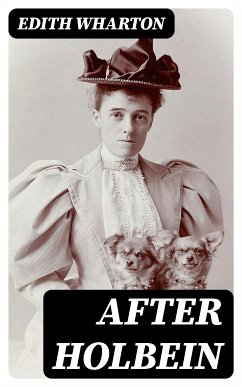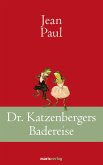In "After Holbein," Edith Wharton embarks on an intricate exploration of art, identity, and the fragility of human relationships, set against the backdrop of the early 20th-century American elite. The novella presents a richly detailed narrative, weaving together psychological depth with keen social observation, as characters grapple with their obsessions and aspirations. Wharton's distinctive prose is imbued with a subtle tension, reflecting her acute awareness of societal constraints and the perennial quest for authenticity amidst the superficialities of high society. The title itself alludes to Hans Holbein the Younger, whose portraiture serves as a symbolic thread linking the characters' experiences to themes of legacy and the passage of time. Edith Wharton, the first woman to win the Pulitzer Prize for Fiction, was deeply influenced by her own experiences within the upper echelons of American society, highlighting both its allure and its moral complexities. Her extensive travels and literary pursuits informed her nuanced perspectives on culture and class, as evidenced in her later works. "After Holbein" is a testament to her mastery in crafting moments of introspection that reveal profound universal truths. This novella is highly recommended for readers seeking to understand the interplay between art and life, as well as those intrigued by Wharton's psychological insight and social critique. "After Holbein" invites readers to reflect on the choices that define us and the legacies we leave behind, making it an essential addition to any serious literary collection.
Dieser Download kann aus rechtlichen Gründen nur mit Rechnungsadresse in A, B, BG, CY, CZ, D, DK, EW, E, FIN, F, GR, H, IRL, I, LT, L, LR, M, NL, PL, P, R, S, SLO, SK ausgeliefert werden.









